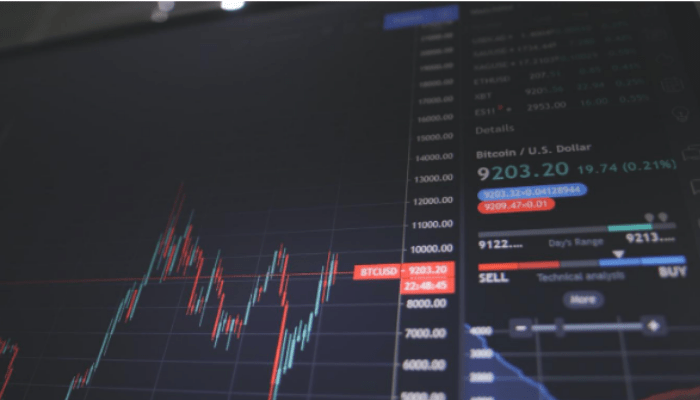Following the approval by the US Securities and Exchange Commission for the first US-listed exchange traded funds (ETF) to track bitcoin, investors in Nigeria seeking to be part of the market can do so using the platforms of Chipper Cash, Bamboo, Chaka, and Trove.
BusinessDay found that three of these fintech companies, Chipper Cash, Chaka and Trove with presence in Nigeria and other African countries already list the eleven approved ETFs on their platforms. Bamboo has only one of the ETFs.
The SEC gave the green light to ETFs from Ark Invest (ARKK), Black Rock (BLK), Van Eck, WisdomTree, Fidelity, Invesco, Franklin, Hashdex, and Valkyrie. Grayscale received approval to uplist GBTC to the NYSE.
Bamboo only list the Grayscale Bitcoin Trust (GBTC), whereas Chipper Cash, Trove, and Chaka have made available ETFs like ARK 21Shares Bitcoin ETF; Bitwise Bitcoin ETF; Fidelity Wise Origin Bitcoin Trust; Franklin Bitcoin ETF; Grayscale Bitcoin Trust (GBTC); Hashdex Bitcoin Futures (DEFI); Invesco Galaxy Bitcoin ETF (BTCO); iShares Bitcoin Trust (IBIT); Valkyrie Bitcoin Fund (BRRR); VanEck Bitcoin Trust (HODL); and WisdomTree Bitcoin Trust (BTCW).
A bitcoin ETF allows traders to easily gain exposure to the world’s most valuable cryptocurrency via traditional brokerage accounts and stock markets, without needing to directly buy or sell the digital asset on a crypto exchange.
ETFs are typically issued and managed by financial companies like Vanguard, Blackrock, Fidelity and Grayscale which charge shareholders a fee to compensate them for the costs of fund management. Investors can buy and sell ETFs in these markets throughout the day, just like stocks. They also share features with mutual funds. They can also hold a basket of different stocks, bonds, commodities like oil, and derivatives like futures.
Tosin Osibodu, former CEO of Chaka said the fintech companies said the fintech companies are not selling the ETFs as cryptocurrencies but as securitised assets. However, availability of the ETFs have implications for the local blockchain market.
According to Tim Akimbo, a cryptocurrency expert, the approval now opens up the Nigerian investing public to being able to invest in Bitcoin.
“You may ask but what is the difference between just going to buy Bitcoin directly? Several reasons: 1. Regulatory – it might not be possible for some individuals or organizations to invest in Bitcoin directly – an ETF allows them to be able to gain exposure to Bitcoin without directly holding it. 2. Technical – when you buy Bitcoin, the best way to own it is to directly hold it in a wallet that you control. This can be technically challenging as it gives complete control to whomever is in control of that wallet. This can raise issues of security, theft and loss – the largest of them being loss,” Akimbo said.
Since it was announced, the Bitcoin ETF approval has had a positive effect on the cryptocurrency market. Analysts are projecting that the approval could draw in fresh investments into the market. For example, analysts at Standard Chartered predict the ETFs could draw from $50 billion to $100 billion inflows in 2024.
Bitcoin capitalisation stood at more than $913 billion as of Wednesday on Coinmarketcap, the highest it has seen since the beginning of the year. The price of bitcoin went up 3 percent at $47,300 after the announcement. The cryptocurrency has soared more than 70 percent in recent months as the investors awaited the approval of ETFs.
Osibodu said he expects the favourable disposition from the US towards the cryptocurrency market to continue to rub off on the Nigerian regulators. The CBN has already lifted the restriction it placed on banks enabling them to provide financial services to cryptocurrency businesses in the country.


